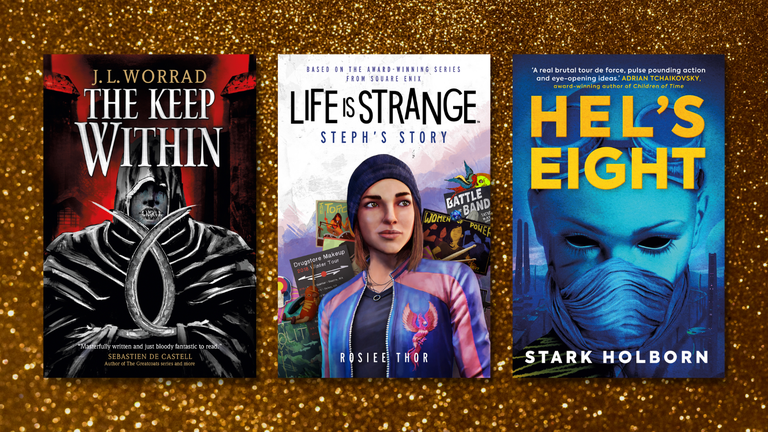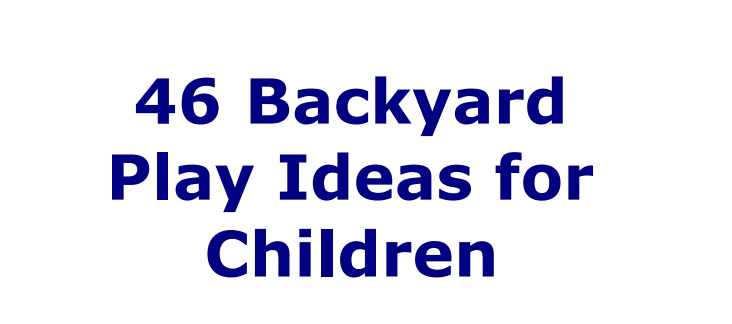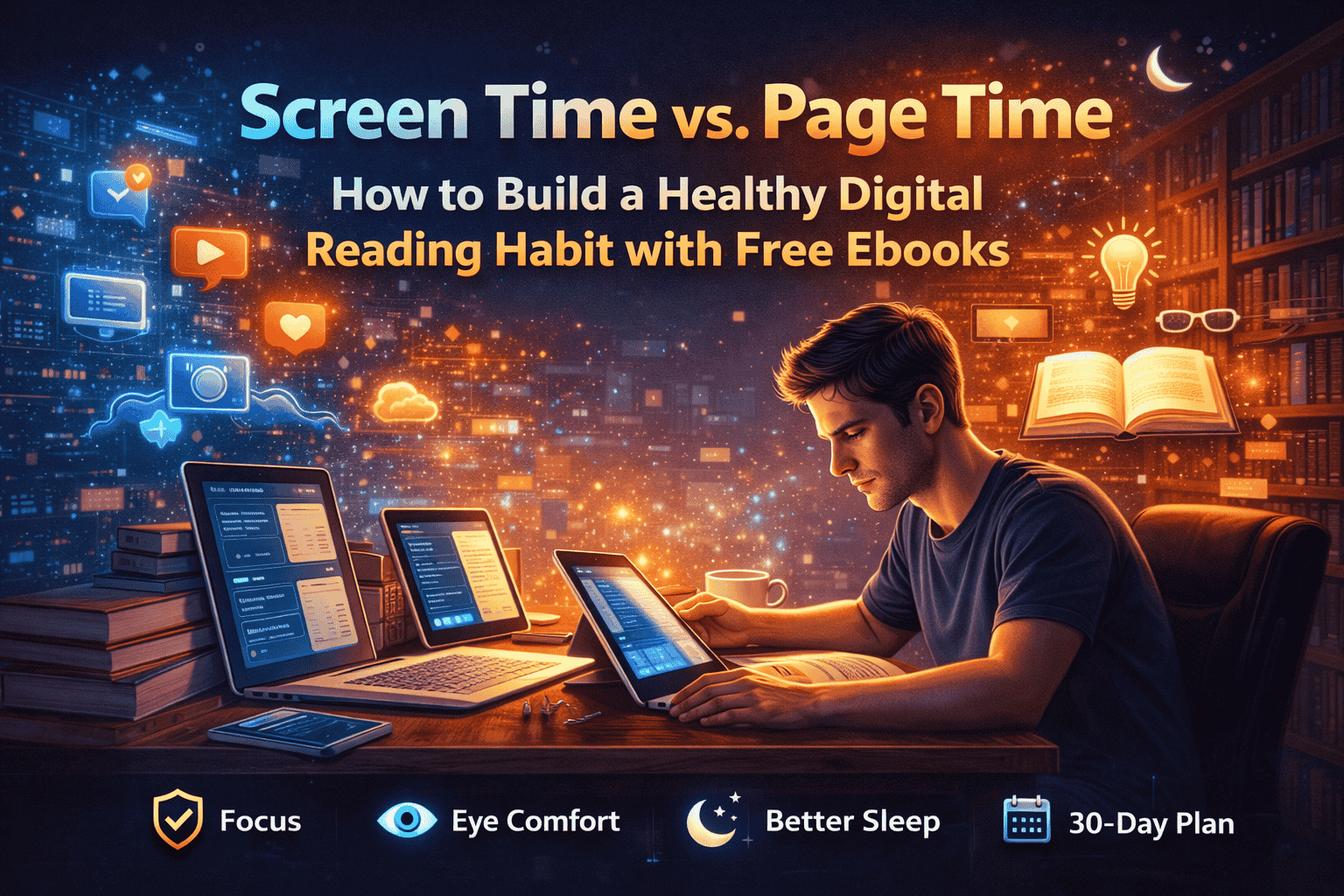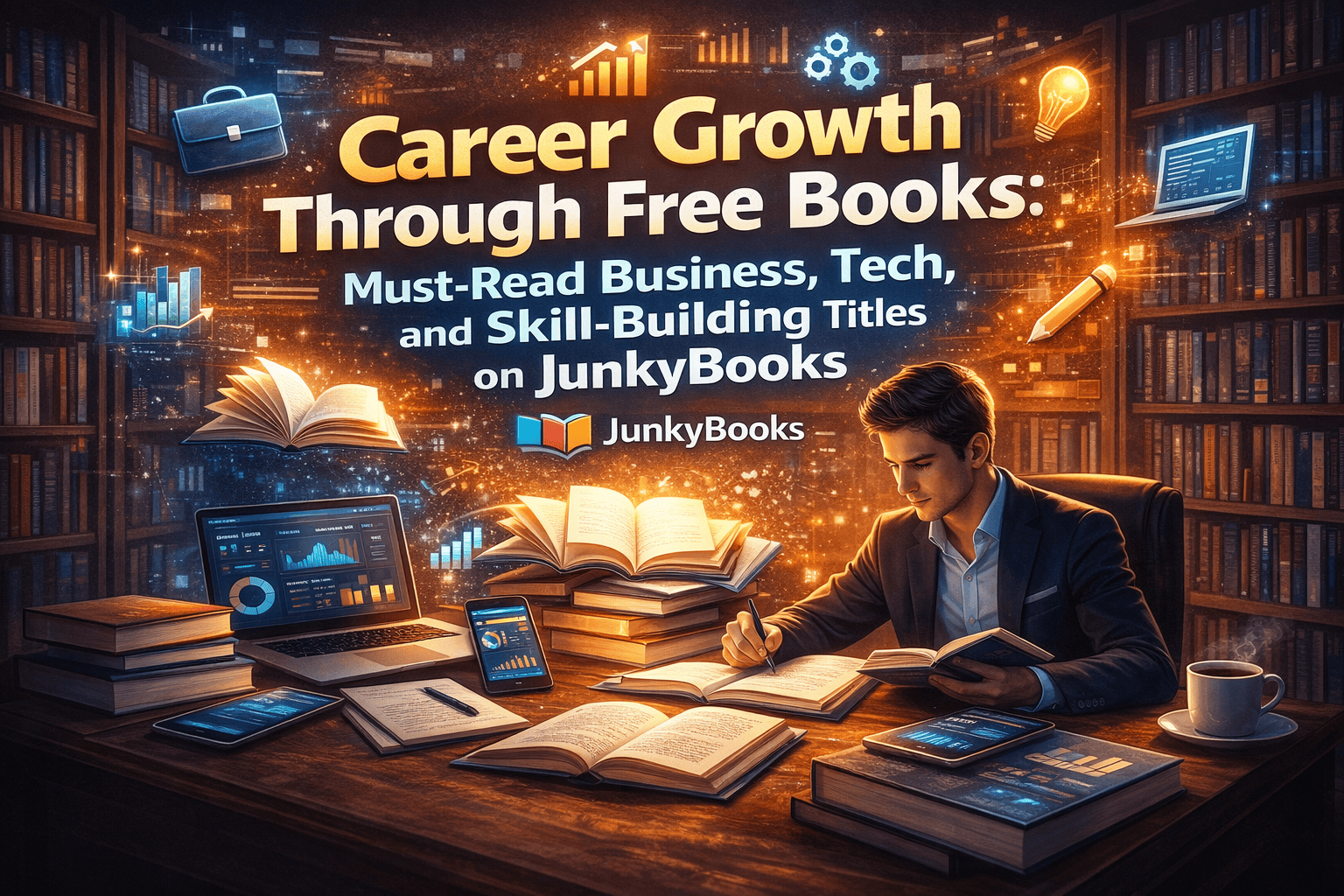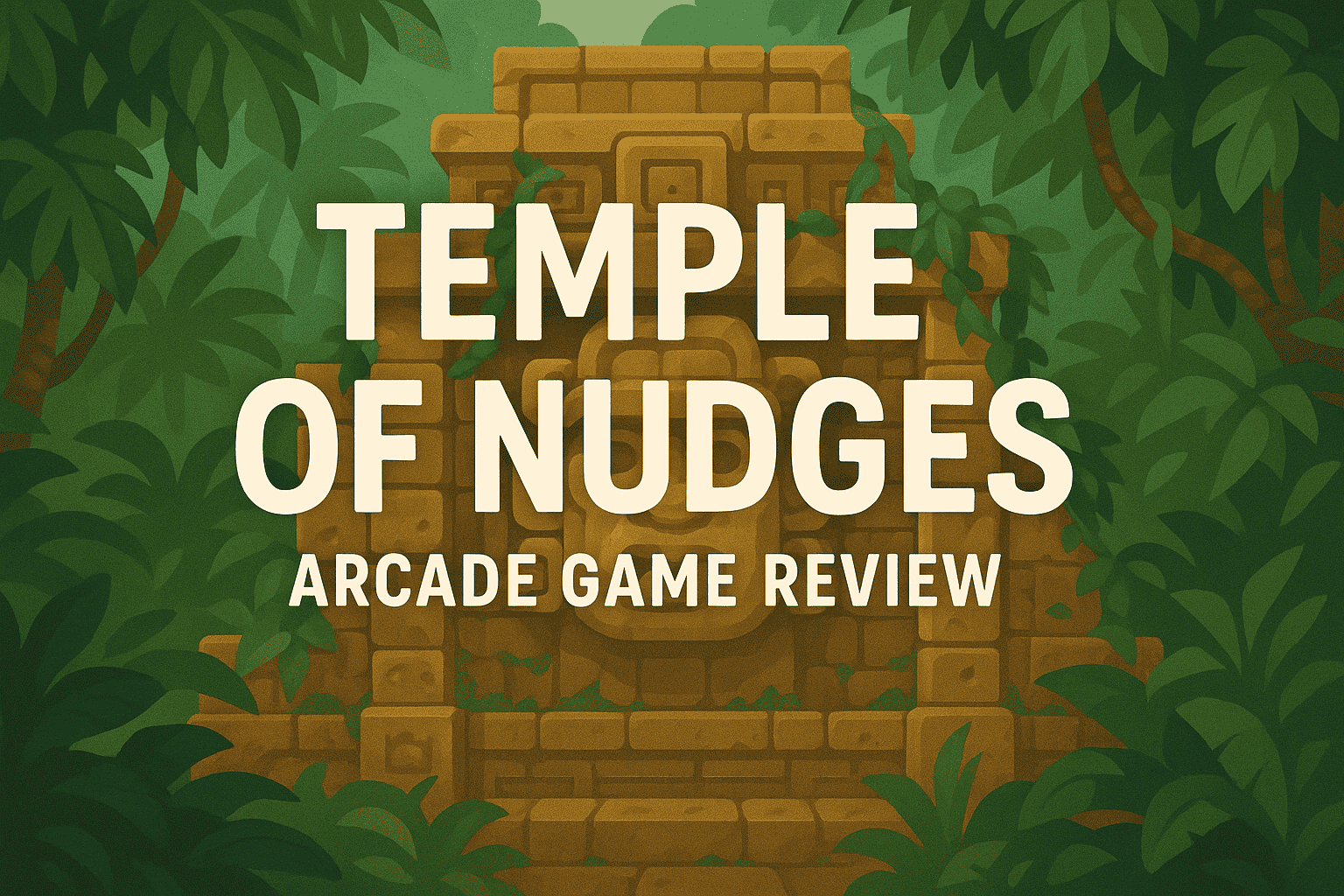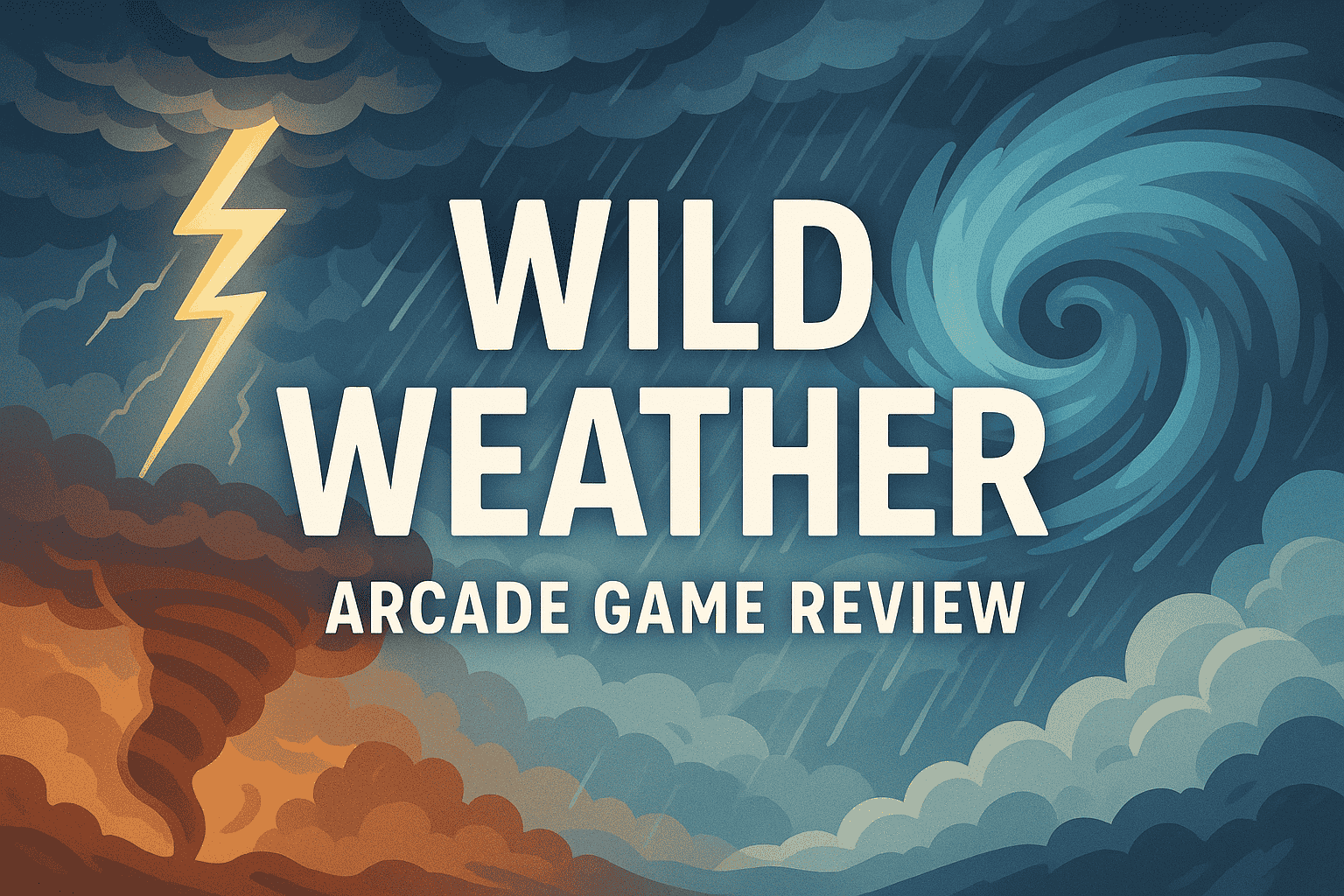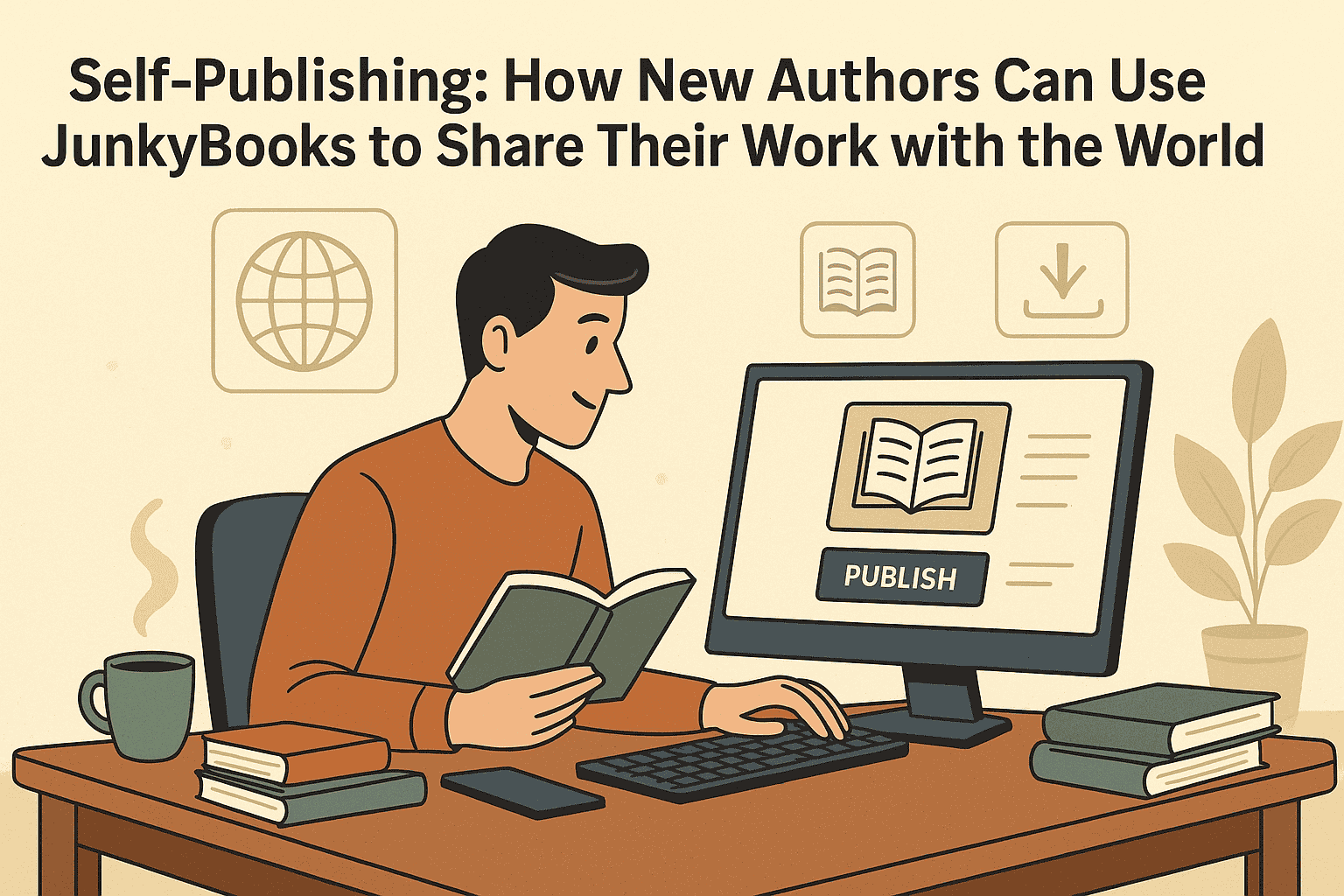Book vs. Movie - Which Wins the Battle of Imagination?
Alright, let’s dive into the age-old debate that’s sparked countless discussions and fueled endless book club meetings: Book vs. Movie. We’ve all been there, right? Finishing a book, then eagerly awaiting its cinematic counterpart, or vice versa. There's something magical about seeing our favorite characters come to life on the big screen or imagining the vivid world an author paints with their words. But which is better? Well, it's time to explore the merits of both, my friend.
The Book: Where Imagination Runs Wild
First things first, the book. Ah, what a treasure trove of imagination! When you pick up a book, you're not just reading, you're painting your movie in your mind. The words on the page are like brushstrokes, and your mind's eye creates the masterpiece.
Unfiltered Imagination: There's a certain freedom in reading a book. You're not limited by budget constraints, special effects, or the interpretation of a director. You can imagine characters exactly as you see fit. Is the protagonist a fiery redhead with a crooked smile? Or perhaps a stoic figure with piercing blue eyes? It's entirely up to you!
Diving into Inner Worlds: Books give you an all-access pass to a character's innermost thoughts. You're privy to their fears, desires, and secret ambitions. It's like peering into someone's soul. This depth of insight is harder to achieve in a movie, where much relies on visual cues and dialogue.
Room for Details: Books can delve into intricate details that movies often have to skip. The subtle nuances of a setting, the history of a place, or the inner workings of a character's mind - these gems are often lost in translation when a story hits the big screen.
But wait, let's not jump the gun here. Movies have their magic to offer.
The Movie: Bringing Stories to Life
Ah, the silver screen! It has a certain allure, doesn't it? Movies have this captivating ability to bring a story to life in a way that words alone sometimes can't.
Visual Spectacle: Let's face it, some stories just beg to be seen. The grandeur of epic battles, the breathtaking landscapes, or the futuristic cityscapes - these are elements that movies can paint with a vividness that's hard to match with mere words.
A Symphony of Senses: In a movie, you're not just seeing the story unfold, you're hearing it, feeling it, sometimes even tasting it. The soundtrack, the cinematography, the performances - they all combine to create an immersive experience.
Efficiency of Storytelling: Movies have a limited runtime, which can sometimes be a blessing. They're forced to distill a story down to its core elements, which can lead to a more streamlined narrative. This can be especially appealing for those with limited time or a penchant for brevity.
The Dance of Adaptation
Now, let's waltz into the tricky realm of adaptations. This is where things get interesting. Adapting a book into a movie is a bit like translating a poem - you're not just transferring words, you're capturing the essence.
The Balancing Act: An adaptation must strike a balance between staying true to the source material and making necessary changes to the medium. It's a delicate dance, and sometimes missteps can lead to disappointment among fans.
New Perspectives: An adaptation can offer fresh perspectives, even to die-hard fans of the original material. A new director's vision or a standout performance can breathe new life into a beloved story.
The Synergy of Book and Movie: Finding Harmony in Adaptation
The Magic of Fidelity
When it comes to adaptations, one question looms large: how faithful should a movie be to its source material? It's a tricky balance. On one hand, fans of the book crave a faithful rendition, hoping to see their favorite scenes and dialogue come to life. On the other, a slavish adherence to every detail can sometimes stifle the creative process and lead to a lackluster film.
A Matter of Interpretation: Filmmakers often approach adaptations as a form of interpretation. They aim to distill the essence of a story, capturing its heart and soul rather than recreating every single page. This interpretation can lead to some truly inspired adaptations that capture the spirit of the original work.
Room for Improvement: Let's face it, not every book is flawless. Some have pacing issues, dense prose, or subplots that could benefit from a little trimming. Skilled filmmakers can identify these areas and streamline the story, creating a more engaging viewing experience.
The Power of Constraint
Movies, by their nature, come with constraints. There's a limited amount of time to tell a story, a fixed budget, and the need to engage a broad audience. These constraints can be a powerful catalyst for creativity.
Economical Storytelling: In a book, an author has the luxury of unlimited pages to develop characters and plotlines. In a movie, every scene, and every line of dialogue, must serve a purpose. This necessity for the economy can lead to incredibly tight, compelling storytelling.
Visual Storytelling: The visual medium demands a different kind of storytelling. It's a show-don't-tell approach, where a single shot can convey what might take paragraphs in a book. This can lead to breathtaking visuals and powerful emotional moments.
The Role of Expectations
Ah, expectations. They can be a double-edged sword. Fans of a beloved book often come to the theater with a set of preconceived notions, hoping to see their cherished scenes and characters brought to life. When these expectations are met, it can be a moment of pure magic. But when they're not, it can lead to disappointment.
The Element of Surprise: Sometimes, a deviation from the source material can lead to delightful surprises. A plot twist, a reimagined character, or an alternate ending can add a layer of freshness even for die-hard fans.
Managing Disappointment: On the flip side, when a movie diverges too far from the book, it can be a letdown. Straying too much from what made the original work special can alienate the very audience it aimed to please.
Finding Common Ground
In the end, the Book vs. Movie debate isn't a battle. It's a collaboration, a dance between two art forms that share a love for storytelling. Each brings its strengths to the table, offering audiences unique ways to experience the same narrative.
So, let's celebrate the rich tapestry of storytelling, whether it's through the pages of a book or the frames of a film. Let's appreciate the magic that happens when words come alive on the screen and when visuals spark the imagination. After all, in this grand narrative, everyone's a winner.
The Verdict? It's a Tie!
So, who wins in the grand battle of Book vs. Movie? Well, it’s not about picking sides, it’s about embracing the beauty of both mediums. Each brings its unique flavor to storytelling.
Books give you the canvas to paint your masterpiece, while movies offer a captivating, sensory experience that can whisk you away to other worlds. And let's not forget the magic that happens when the two worlds collide in a well-executed adaptation.
In the end, it's not about which is better, but about the joy of experiencing a story in different ways. So, grab a book and a tub of popcorn, and let's celebrate the wonderful world of storytelling in all its diverse forms!

